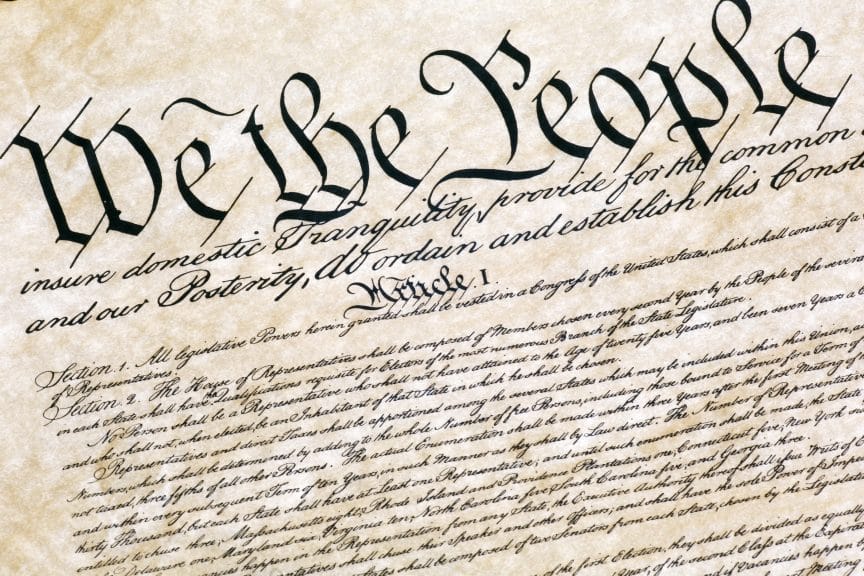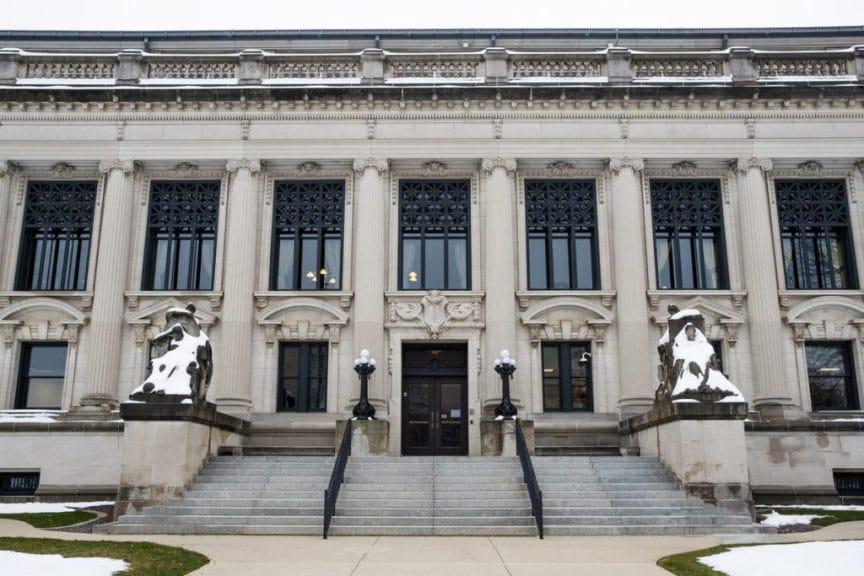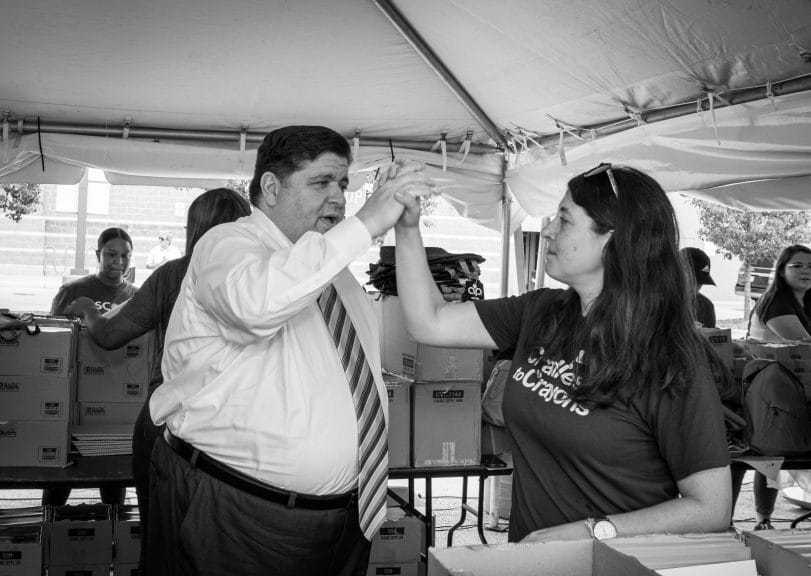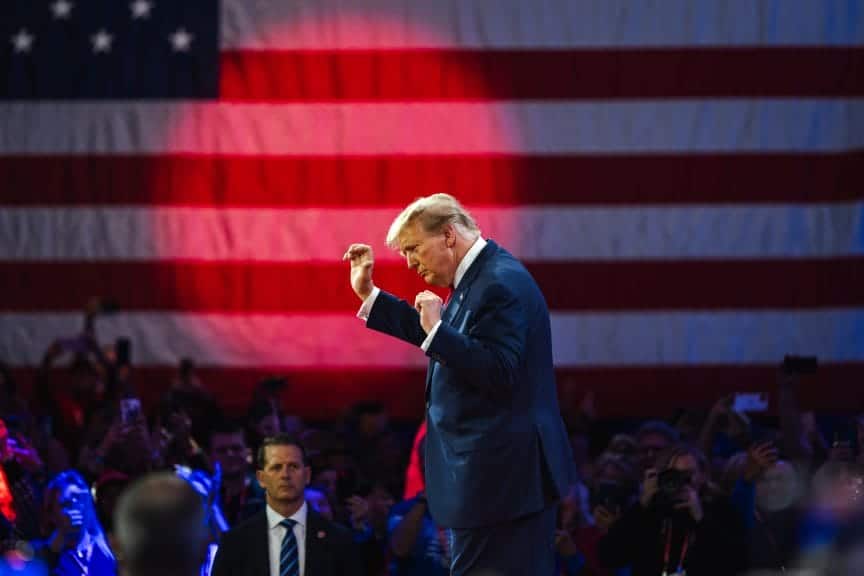In a decisive move, the Supreme Court has unanimously ruled to maintain Donald Trump’s presence on primary election ballots, a judgment that reverberates through the political landscape. This decision comes at a critical juncture, just before Super Tuesday, ensuring that Trump’s name will appear on Colorado, Maine, and Illinois ballots. Here’s an overview of the ruling:
The US Supreme Court Decision
The Supreme Court’s unanimous verdict overturns lower court decisions that had previously barred Trump from the ballot, citing the insurrection clause of the 14th Amendment.
14th Amendment’s Section 3: Central to the case was this section, which states that no person shall hold office if they have engaged in insurrection or rebellion against the Constitution. The Supreme Court clarified that enforcing this provision, particularly regarding federal offices like the presidency, falls outside state jurisdiction and squarely within Congress’s domain.

State vs. Federal Authority: The ruling delineates the boundaries of state power, asserting that while states can disqualify individuals from holding state offices under Section 3, they lack the constitutional authority to apply this to federal positions such as the presidency.
The implications of this ruling are far-reaching, not only affirming Trump’s eligibility but also setting a precedent for the interpretation of the 14th Amendment and the delineation of state versus federal powers in election matters.
Implications for State-Level Efforts
In the wake of the Supreme Court’s decision, state-level efforts to navigate the complex interplay between state authority and federal election laws are under the microscope. Here are the key implications:
The First District Appellate Court in Illinois now carries the weight of the Supreme Court’s ruling, setting a legal precedent that may influence how state courts interpret their roles in federal electoral matters. This could streamline future cases that question a candidate’s eligibility on state ballots.

The potential for voter disenfranchisement looms large, as the ruling could deter states from pursuing disqualification cases that might be seen as politically motivated or could lead to political instability. As noted by CBS News, leaving such issues unresolved might trigger a partisan cycle of disqualifications, affecting voter confidence in the electoral process.
The case raises important questions about the balance of power between state and federal jurisdictions, particularly concerning presidential eligibility. There is an emerging need for a national consensus on how the Constitution’s qualifications should be enforced, which could lead to more uniform standards across the country. This Supreme Court decision could be a catalyst for such discussions, as highlighted by the same CBS News report
The Supreme Court’s ruling not only underscores Donald Trump’s ability to appear on ballots but also prompts a reevaluation of the mechanisms through which states can influence federal elections. The implications of this decision will likely reverberate through the political landscape, potentially shaping the future of presidential elections in the United States.
Reactions and Responses
The Supreme Court’s decision to uphold Donald Trump’s inclusion on primary election ballots has elicited a spectrum of reactions across the political divide:
Trump took to Truth Social to express his joy over the ruling, declaring it a “BIG WIN FOR AMERICA!!!” His enthusiastic response underscores his readiness to leverage the verdict in his political narrative. Illinois Governor JB Pritzker, a Democrat and Biden supporter, sees a silver lining, suggesting that Trump’s presence on the ballot might benefit Democrats, considering the polarizing effect Trump has within the Republican party.

Critics have voiced concerns that the ruling sidesteps Trump’s alleged role in the January 6th Capitol attack, a point not addressed in the Court’s decision. This has sparked conversations about the consequences of impeachment and how it may affect a politician’s future candidacy, reflecting on the ongoing political divisions in the country.
The varied responses to the Supreme Court’s ruling highlight the complex interplay between legal interpretations and political strategy, showcasing how a single judicial decision can ripple through the fabric of American politics.
Implications for Future Presidential Elections
The Supreme Court’s ruling in favor of Donald Trump’s ballot presence carries significant implications for future presidential elections.
Legal experts have noted similarities between this case and the consequential Bush v. Gore decision, which also saw the Supreme Court directly influence the outcome of a presidential election. The Court’s involvement in such high-stakes electoral disputes underscores its pivotal role in shaping the democratic process.

The decision sets a legal precedent that extends beyond Colorado, signaling to other states the limitations of their power in determining eligibility for federal candidates. This could discourage similar state-level challenges in future elections, potentially affecting the dynamics of presidential races.
Given the Court’s clarification on the roles of state and federal authority in electoral matters, there may be an increased call for a unified national approach to presidential candidate eligibility. This could lead to more consistent application of the Constitution’s provisions across all states.














